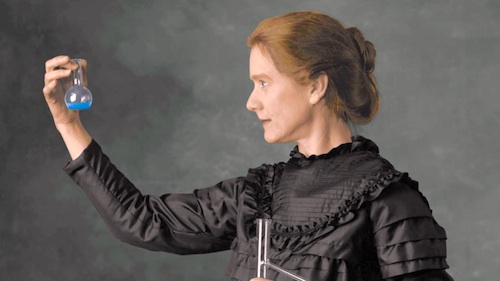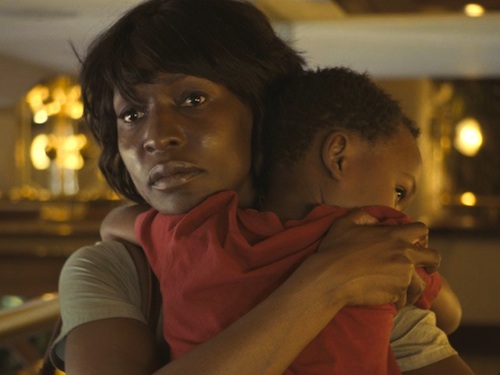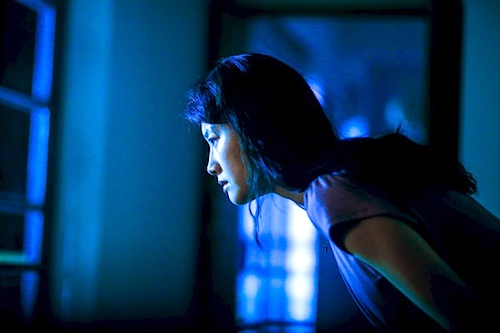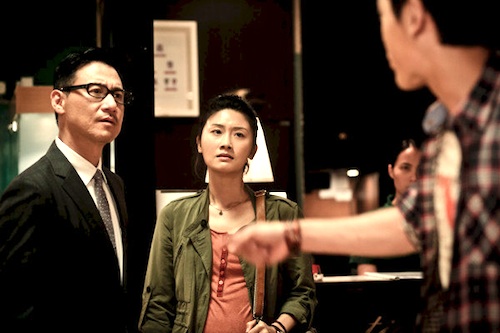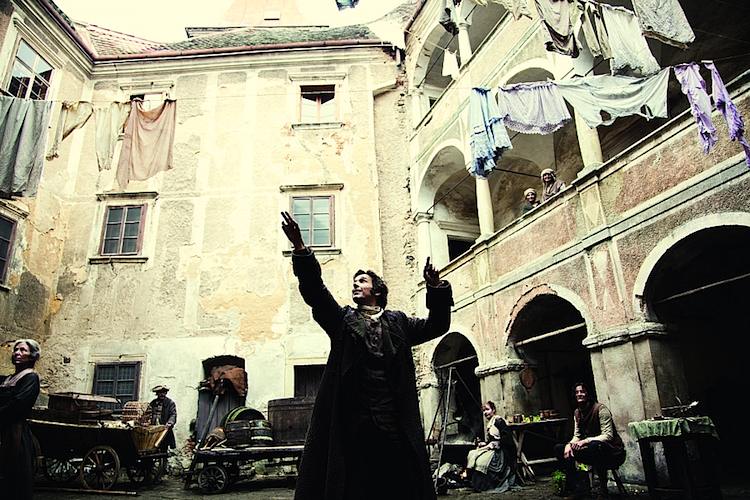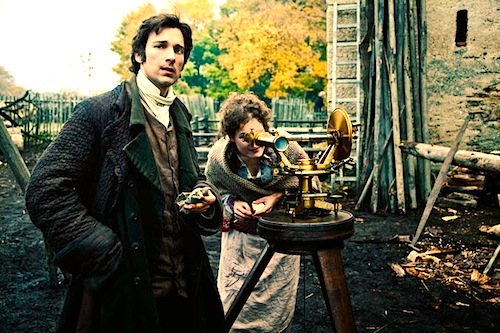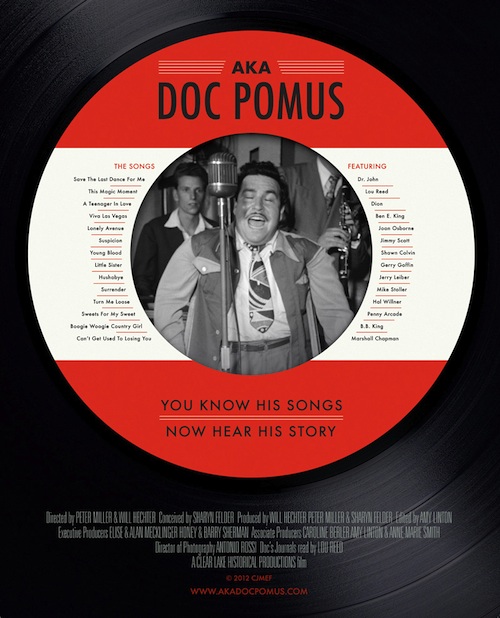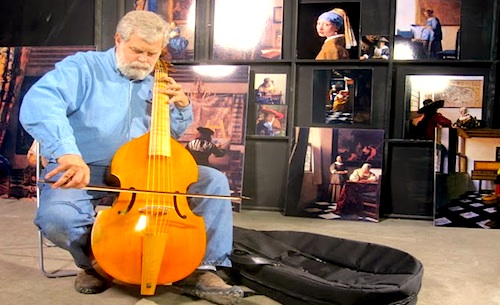
By Joe Bendel. The sheer scarcity of Johannes Vermeer’s paintings is guaranteed to maintain the art world’s fascination. It was partly why the notorious forger Han Van Meegeren was able to pass off a reportedly terrible fake on his National Socialist buyers—demand always outstrips good sense. However, one entrepreneur might just stand the polite art world on its ear when he suggests he can paint brand new Vermeers using Seventeenth Century technology. Jenison’s buddy Penn Jillette basically dared him to prove it for posterity. Jenison’s results are duly documented in Teller’s Tim’s Vermeer, which screens during the 51st New York Film Festival.
Building on the research of artist David Hockney and academic Philip Steadman, Jenison argues it is simply impossible for the human eye to perceive the photorealistic detail that distinguishes Vermeer’s paintings. Using the scientific process circa 1650, Jenison develops a method to duplicate the Vermeer look. It is complicated, but like the best magic, it involves the use of mirrors.
Both Hockney and Steadman agree Jenison is on to something, but to really prove the point, he embarks on an audacious experiment. He will recreate the setting of Vermeer’s The Music Room in a San Antonio warehouse, where he will use his proposed technique to recreate rather than forge the Vermeer masterwork. However, what started as an intellectual pursuit becomes an endurance challenge over time.
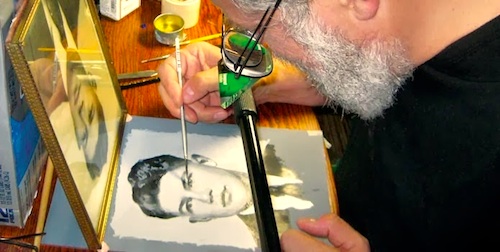
Director Teller and producer-narrator Jillette strike a shrewd balance throughout Tim’s Vermeer, injecting enough caustic humor to satisfy their fans, but never upstaging Jenison’s story. Frankly, it is a surprisingly provocative film that questions many widely held assumptions regarding the nature of art. Hockney’s participation is a particular coup. When he more or less buys into Jenison’s system, it carries considerable weight.
Essentially, Jenison argues Vermeer was the original photographer. The composition of The Music Room is still a work of art. He simply used a somewhat mechanical method to render it on canvas. Of course, he still had to do the work, which Jenison proves is a painstaking process.
Thanks to the developments in digital video, Teller and his associates were able to take an eccentric idea and fully follow through on it. It might shake up stodgier Academy members to hear Penn & Teller tipped for Oscar consideration, but they deserve to be in the mix. Consistently entertaining and rather shockingly erudite, it proves documentaries can cover prestigious subject matter, but still be fun to watch. Recommended for Penn & Teller fans and fine art connoisseurs, Tim’s Vermeer screens again this Wednesday (10/9) as an “Applied Science” documentary selection of the 2013 NYFF.
LFM GRADE: B+
Posted on October 7th, 2013 at 12:14pm.

